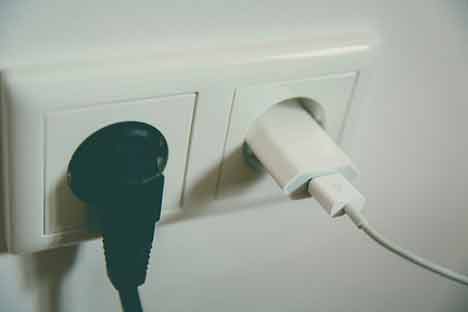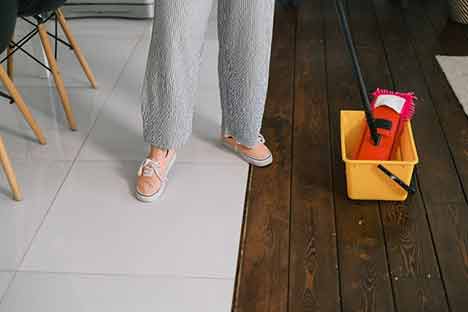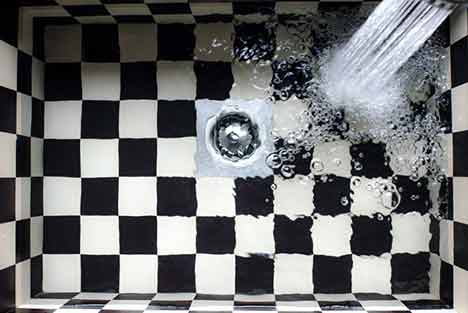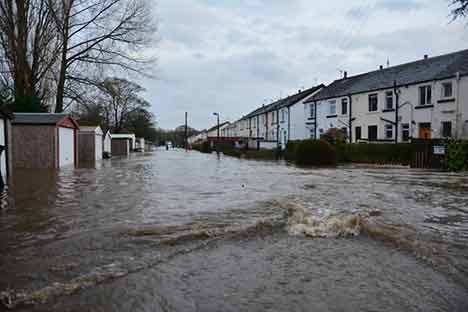Accidents like this happen. It doesn’t need to be your fault, but, at the end of the day, it is your responsibility to take care of your home. The crucial factor in dealing with the flood damage is the immediate reaction. The sooner you start handling the situation, the sooner you’ll have a clean and healthy basement. Still, many people are confused about what they should do after a flood happens, so they wait too long to start fixing their homes. We figured we’d share the best course of action if your basement floods, so you don’t make the same mistake as the majority.
Act quickly
We can’t stress this enough – it’s crucial to act quickly if your basement floods. If you start removing the water immediately, you can prevent further problems such as mold. Also, if any of the objects can be saved, it’s best to remove them to a dry place as soon as possible. This is also an excellent time to contact a professional plumber who can help you locate the problem.
Don’t touch anything before disconnecting the electricity
Depending on the size of the flood, your electrical system might be in danger. That’s why it’s essential to contact a professional electrician or your power supplier and consult them about turning off the electricity before dealing with anything else. Just to be safe, make sure you shut power off all around the basement, even before contacting someone to help you out.

Keep an eye on your electrical system when your basement floods.
Locate the source
Before entering the basement, put on gloves and boots to stay clean and safe. And once you’re all geared up, try to locate the source of all the water, and turn off the valve connected to the leaking pipe. Likewise, finding the drain and ensuring it’s not clogged will help the water go out much faster. If the flood occurred because of rain and storm, make sure it stops before you start dealing with all the water. Other sources of flood can be foundation cracks, snowmelt, or sump pump problems.
Removing the water
Depending on the size of the flood, removing the water can be a more or less complicated thing to do. You can use a mop and a bucket for smaller amounts of water and a sump pump to remove it. Sump pumps are crucial for every home because they drive the water away from the house. In case there is no sump pump, the water may go up to the house.
Another way to remove water is by using a wet/dry shop vacuum. Make sure you set it to the suction mode and use a wide attachment at the end of the hose. After sucking up all the water, deposit it away from your home, especially away from the foundation. Finally, use cloth or sponges to remove small amounts of water left on the floor.

Mops can be helpful when you need to clean a smaller amount of water.
A dehumidifier is a must when your basement floods
Another essential step is removing all the water and moisture using a dehumidifier. Immediately after removing the water, set a dehumidifier to remove all the excess moisture from the air and prevent musty odors and mildew.
Estimate the damage after the water is gone
Removing all the water is just a part of dealing with a basement flood. Assessing the damage is the second part of the work, and it has to be taken seriously. Water damage doesn’t need to be too obvious, so a thorough check-up will be necessary. In general, the most significant problems happen with wooden objects. These soak up water and need to be replaced. Carpets also don’t survive floods most of the time. You can try drying them as much as you can with your vac pump, but you’d probably still need to replace them.
Examine all the appliances
Very often, people keep their washers and dryers in the basement. So, when your basement floods, you can expect your appliances won’t work afterward. However, some of these may still be usable – microwaves, washers, and dryers. However, appliances with insulation, such as ovens and fridges, rarely survive floods. Either way, make sure you ask a professional to check the appliances for you.
Cleaning
Even though it’s ‘just’ water, you should know that floodwater is probably filthy. Therefore, anything that this water touched should be cleaned properly.
Taking care of the serious damage
Powerful floods can seriously damage your home’s foundation, drywall, windows, doors, etc. They can mess up the whole structure of the house, soak up the insulation, and more. This is why you should always take these kinds of repairs seriously and make sure your home is in perfect condition after the accident.
If there’s a lot to do in the house, removing your furniture and other items for a while would be a great idea. You’d keep them away from dust, moisture, and further damage and protect them until all the hard work is complete. Just be sure to take your time to explore all options when it comes to renting a storage unit in Chicago. There are units of different sizes and prices, and they offer various conditions for the items in storage. Make sure you know your needs in terms of size and conditions before comparing the offers and choosing the best option.

Water is essential for our existence, yet it can do a lot of damage.
Don’t stress
Undoubtedly, it is challenging to stay calm when your basement floods. However, this is not something you should stress so much about that you end up putting your health at risk without even solving the problem. Instead, this is the time to be practical, fast, and efficient and do everything to repair the damage and move on. And maybe it’s time to reconsider flood insurance rates!
